Greater support for GP pharmacists, funds for high-cost medicine reduction and $1 billion for new PBS spending have emerged as the high points of the Federal Budget.
PSA National President Shane Jackson welcomed a Workforce Incentive Program that will see around 5,000 general practices eligible for funding to engage allied health professionals, including non-dispensing pharmacists.
‘[We] are particularly pleased to see the role of pharmacists is now being recognised through inclusion in this important program,’ he said.
‘We look forward to working with the government and our medical colleagues on the training, credentialing and standards of practice for pharmacists working in these practices and ensuring these complement and align with the range of professional programs provided through community pharmacy.’
The Workforce Incentive Program will strengthen team-based and multidisciplinary primary care and support around 5,000 practices to employ allied health professionals, including Aboriginal and Torres Strait Islander health workers, across Australia.
This announcement signals a sustainable career pathway for pharmacists working collaboratively within the general practice team, said Dr Chris Freeman, PSA National Vice-President and general practice pharmacist.
‘This is a win for patients through improved quality use of medicine outcomes, a win for the pharmacy profession through a new sustainable career pathway, and a win for government through return on investment in primary care,’ he said.
Pharmacy cash-flow issues will also be addressed after the government announced a change in the payment arrangements for high-cost medicines, as foreshadowed by Health Minister Greg Hunt during his APP18 response to the review on remuneration and regulation.
Revenue rebates for some high-cost medicines will be reduced from 1 July, with the agreement of the relevant medicine manufacturers, and with a corresponding reduction in the published price of those medicines.
An improved payment administration trial for certain high-cost medicines with special pricing arrangements will commence from 1 July 2019.
Mr Hunt said the Turnbull Government is increasing investment in new medicine by $2.4 billion.
‘The government will provide $703.6 million for the listing of Kisqali on the PBS to support women with breast cancer. Without subsidy, patients would pay $71,820 per year,’ Mr Hunt said.
‘We will also list Spinraza on the PBS, a life-changing medicine which treats the devastating illness Spinal Muscular Atrophy. Without subsidy, patients would pay more than $367,850 per year.’
Medicines Australia welcomed the announcement of $1.4 billion for the listing of innovative medicines on the PBS.
New listings include $42.5 million over five years from 2017-18 to expand vaccines available on the National Immunisation Program to include maternal pertussis, a high dose influenza vaccine for those over 65 and a 12-month vaccine for the ACWY strains of meningococcal.
The government’s commitment to research and development within the innovative pharmaceutical sector has also been welcomed.
President of the Association of Australian Medical Research Institutes Professor Tony Cunningham said, ‘This is a great Budget for medical research, and this is where the Australian medical research sector should be heading.’
Multiple funding boosts from the Medical Research Future Fund (MRFF) are being used in innovative medical research fields, including genomics and precision medicine, mental health, brain cancer, rare cancers, diabetes, and heart disease.



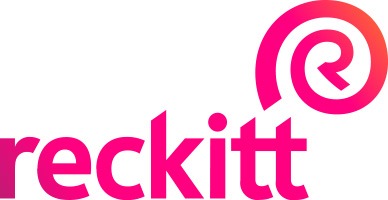 This CPD activity is supported by an unrestricted education grant by Reckitt.[/caption]
This CPD activity is supported by an unrestricted education grant by Reckitt.[/caption]

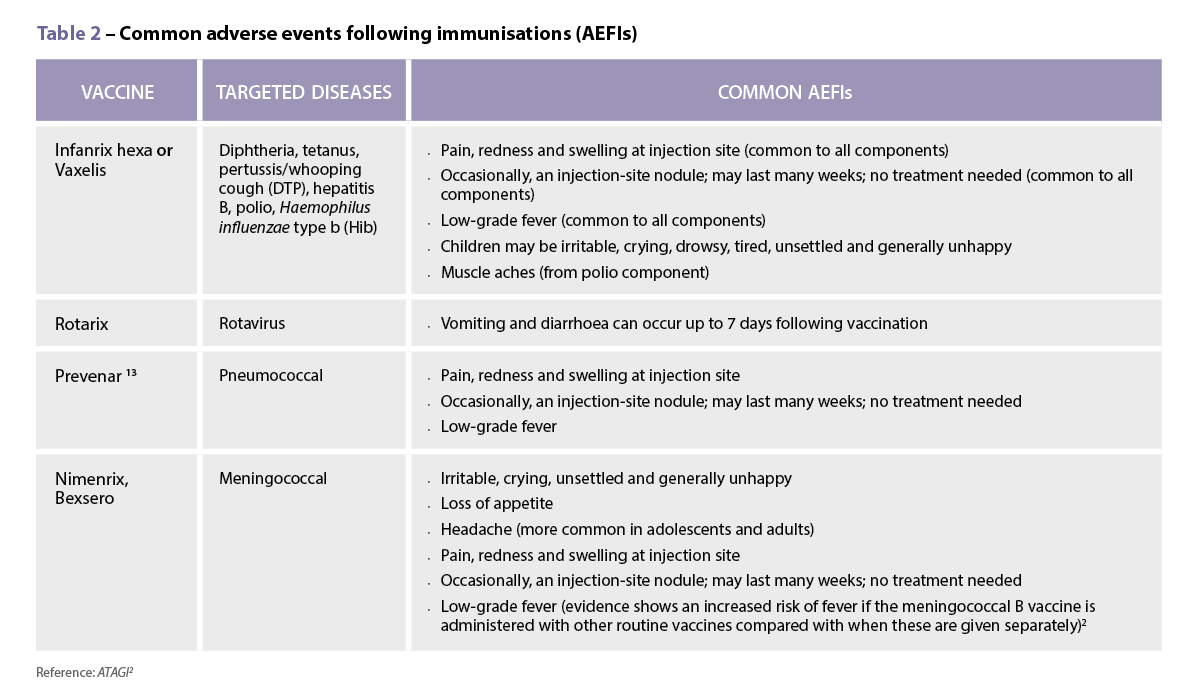

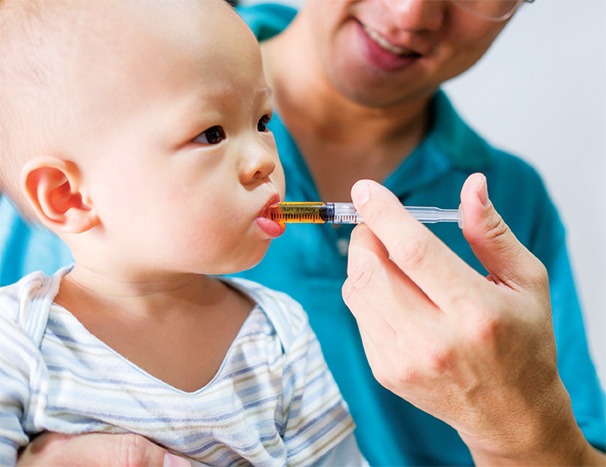

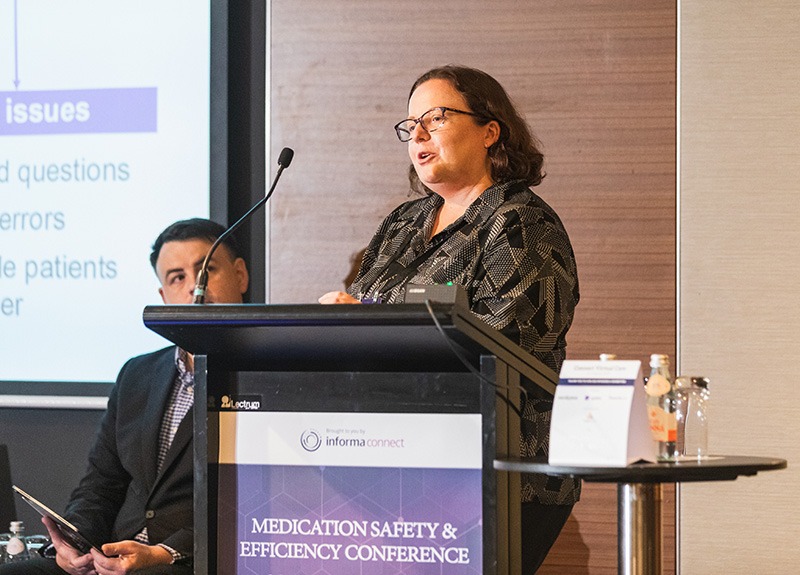 Jess Hadley, community pharmacist and Professional Officer at PDL[/caption]
Jess Hadley, community pharmacist and Professional Officer at PDL[/caption]
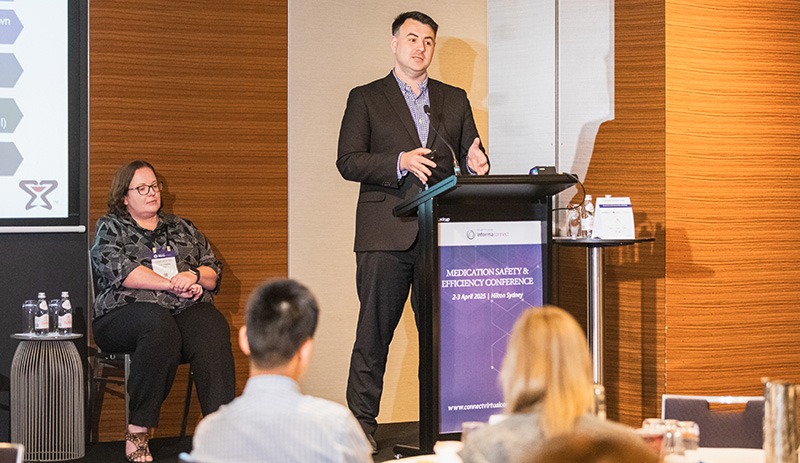 Peter Guthrey, Senior Pharmacist – Strategic Policy at PSA[/caption]
Peter Guthrey, Senior Pharmacist – Strategic Policy at PSA[/caption]
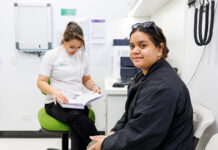

 Professor Margie Danchin[/caption]
Professor Margie Danchin[/caption]

 Dr Peter Tenni[/caption]
Dr Peter Tenni[/caption]
 How should we deprescribe gabapentinoids, according to the Maudsley Deprescribing Guidelines[/caption]
How should we deprescribe gabapentinoids, according to the Maudsley Deprescribing Guidelines[/caption]






